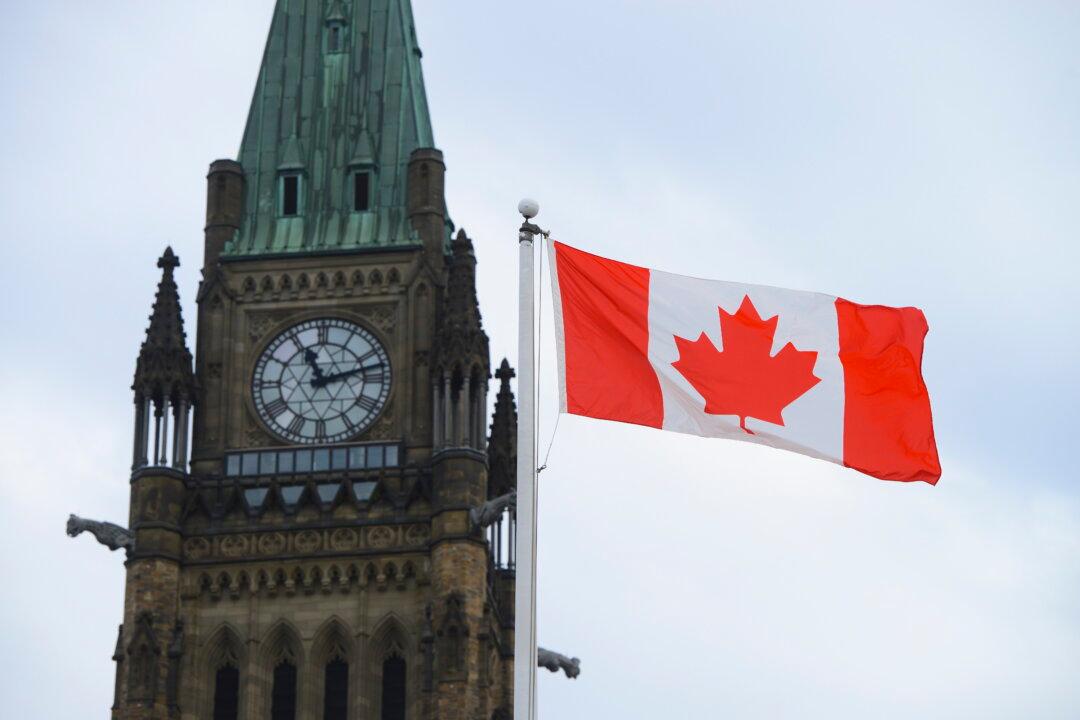Bank scares in the United States and Switzerland have prompted the federal government to grant itself extraordinary powers to stem any financial panic in Canada, a parliamentary committee heard on April 27.
Testifying before the Standing Committee on Finance, Rachel Grasham, a senior director with the federal finance department, said those powers will be used “only in exceptional sort of emergency situations.”





